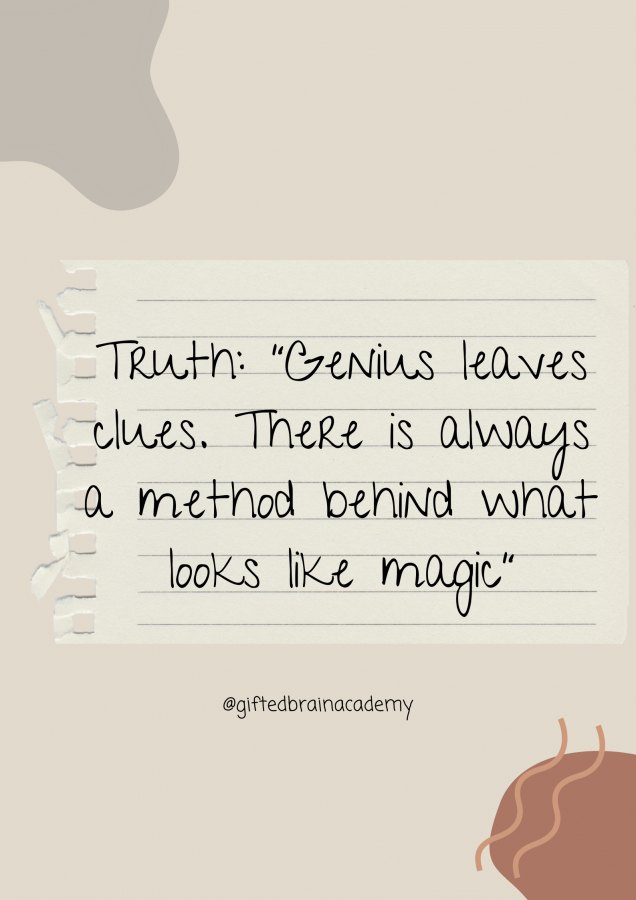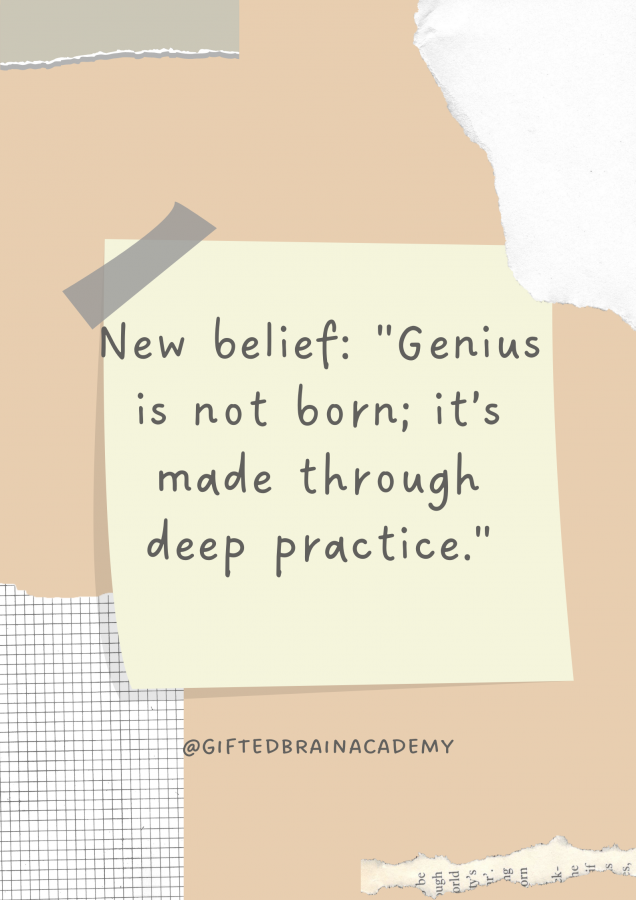There exists a widespread misconception that genius is born. However, the life of Bruce Lee serves as one of many examples that debunk this myth. Despite being born into a modest family of five, no one could have anticipated his future as an iconic figure we all celebrate today. Despite struggling academically and facing racial discrimination, Lee found solace in fighting as a means to navigate through school. It wasn’t until he met Yip Nan at the age of 13 that his life began to take shape. Learning Wing Chun, a Kung Fu fighting style, he displayed remarkable talent. Over time, he started teaching his own unique martial arts style, incorporating elements from boxing, fencing, and dancing.
Lee’s daughter, Shannon, later revealed that mastering his famous one-inch punch took years of relentless practice and repetition. This exemplified his approach to learning and memory. Today, we regard Bruce Lee as a genius, not for his academic achievements but for his tenacity, ability to overcome opponents, philosophical insights, and his ability to break free from orthodox thinking, combining various fighting styles to create an entirely new philosophy.
Another compelling example is Laszlo Polgar, who believed that genius is not innate but can be nurtured through education and training. To prove this theory, he raised his three daughters, Susan, Sophia, and Judit, to become chess prodigies. They didn’t attend traditional school. Susan, the eldest, started playing chess at the age of four and within six months was defeating adult players. Sophia achieved even greater success, becoming a world champion at the age of fourteen and later attaining the title of grandmaster. Judit surpassed them all, defeating her father at the age of five and becoming the youngest ever to be ranked among the world’s top one hundred chess players at twelve. At fifteen years and four months old, she became the youngest grandmaster in history, surpassing the previous record held by Bobby Fischer. For twenty-seven years, she held the title of the world’s number-one-ranked female chess player.
What does it truly mean to be a genius?
The word “genius” has significantly shaped our perception of intelligence, although not always accurately. Traditional notions of genius trace back to Plato’s understanding of artistic creation, defining it as a divine state rather than a characteristic of individuals. In more modern times, the concept evolved to associate genius with exceptional talent stemming from inherited skills or random genetic factors. This shift occurred in the 18th century when influential figures like Shakespeare and Benjamin Franklin were first labelled as geniuses.
The notion of genius being innate is more demoralizing than helpful. Dr. Jordan Ellenberg, a mathematics professor at the University of Wisconsin, Madison, who himself was hailed as a child genius, emphasizes the damaging effects of the “cult of genius” on students. This cult suggests that pursuing a subject like math is only worthwhile if one can be the best, undermining the contributions of others.
Jim Kwik often asserts that genius leaves clues and success follows a formula—it doesn’t happen by chance alone. How we perceive learning significantly impacts our achievements. Stanford psychologist Carol Dweck’s groundbreaking research revealed that students with a growth mindset, believing that the brain is malleable and improvement is achievable through effort, handle setbacks better and excel academically. A growth mindset implies that regardless of one’s current level of talent, further development is always possible through hard work, effective strategies, and mentorship from others. In a growth mindset, the primary goal is to become smarter, challenge the brain, form new connections, and expand abilities over time. Adopting this mindset eliminates the need to constantly appear smarter than others.

On the other hand, a fixed mindset, or what Dweck refers to as the “culture of genius,” perceives one’s talents, abilities, and intelligence as fixed traits with predetermined limits. The belief is that one possesses a certain amount of talent, and that’s the end of the story. Consequently, having to work hard at something is seen as an indication of being less intelligent than others. Praising children for their innate brilliance often fosters a fixed mindset, ironically contradicting the self-esteem movement’s intentions of building confidence and success. Dweck’s research even demonstrates that children may lie about poor performance if they have been praised for their intelligence.
Breaking free from a fixed mindset can be challenging, but the effort is entirely worthwhile. The truth is that genius leaves clues, and there is always a method behind what may initially seem like magic. Let us embrace the new belief that genius is not something one is born with but something that is developed through dedicated and deliberate practice.

Learning is a lifelong process that involves facing failures and picking ourselves up numerous times. Similar to determined children learning to walk, we can continuously identify and challenge the limiting beliefs that hinder our progress, replacing them with truths, one step at a time.




